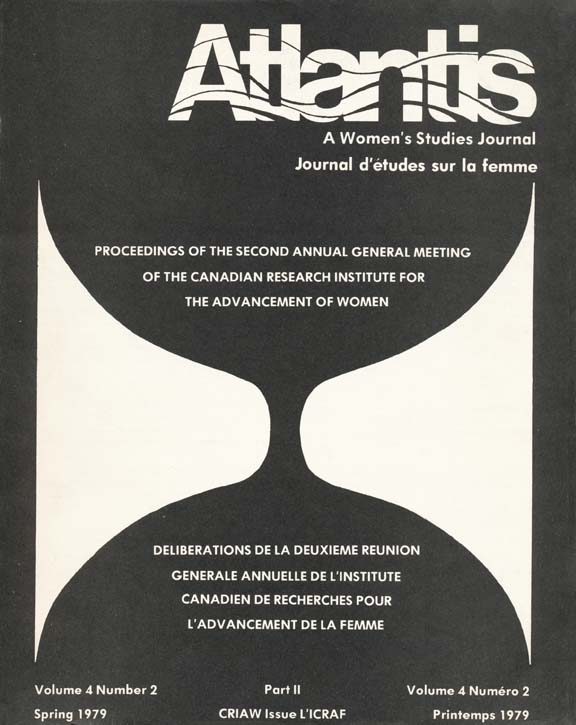Canada's Early Experience with Income Supplements: the Introduction of Mothers' Allowances
Abstract
Entre les années 1916 et 19373 en réponse aux critiques féministes et à l'opinion prédominante a l'effet que la maternité et la vie de l'enfant avaient droit à une protection spéciale, toutes les provinces du Canada légiférèrent au sujet des allocations familiales. Ces nouveaux programmes de soutien financier furent mis sur pied pour venir en aide aux mères pauvres et méritantes, afin qu'elles puissent subvenir à leurs besoins. Des fonds publics administrés par des travailleurs sociaux professionals servirent à tenter de relever le niveau de vie des families dites 'marginales.' De cette façon, on espérait réduire la délinquence juvénile, les coûlts toujours grimpants entrainés par le développement des institutions et le taux de mortalité infantile et assurer l'efficacité industrielle, la paix sociale et le développement de la nation. En remunérant la mère l'Etat étayait la famille nucléaire et en faisait la meilleure garantie du maintien de l'ordre social.Downloads
Published
Issue
Section
License
Authors who publish with this journal agree to the following terms:
1. Authors retain copyright and grant the journal right of first publication, with the work simultaneously licensed under a Creative Commons Attribution 4.0 International License that allows others to share the work with an acknowledgement of the work's authorship and initial publication in this journal.
2. Authors are aware that articles published in Atlantis are indexed and made available through various scholarly and professional search tools, including but not limited to Erudit.
3. Authors are able to enter into separate, additional contractual arrangements for the non-exclusive distribution of the journal's published version of the work (e.g., post it to an institutional repository or publish it in a book), with an acknowledgement of its initial publication in this journal.
4. Authors are permitted and encouraged to preprint their work, that is, post their work online (e.g., in institutional repositories or on their website) prior to and during the submission process. This can lead to productive exchanges, as well as earlier and greater citation of published work. Read more on preprints here.







